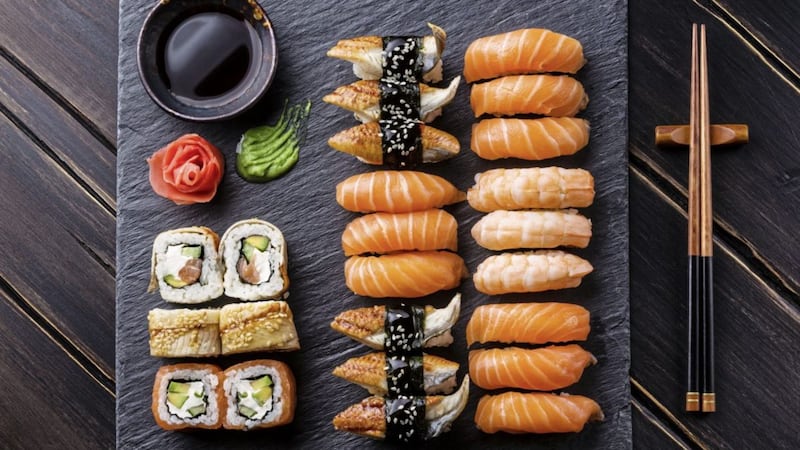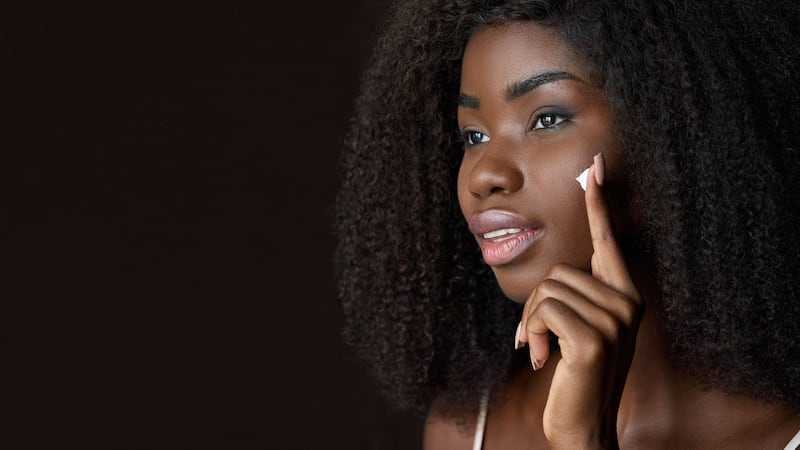THE health of our skin can be a reflection of how healthy we are on the inside. When we are stressed out, have hormonal fluctuations or are feeling tired, we can see it in our skin.
Spots and zits, redness and inflammation, dry skin or oily, the food we put into our body could be just as essential to our daily skincare routine as the products we put on our skin.
We can spend our hard-earned cash on cosmetics, make-up and skincare that promises glowing, dewy, youthful-looking skin, but none of these will have the desired result if some basic ingredients are missing from our diet.
Could nutrition be the missing link in our daily skincare routine? According to research, it seems that wrinkles, elasticity, roughness, and colour quality of our skin are positively affected by dietary changes and nutritional intervention.
If you yearn for healthy skin, then here are a few foods I would suggest you add to your shopping list.
:: Oily fish
Think of the essential omega 3 and 6 fats as a way to moisturise your skin from the inside, out. Fish oil in particular has been shown to improve skin barrier function, balance inflammation and moisturise dry skin. Adding oily fish like salmon, mackerel, sardines and herring to your diet is a good idea.
When there is redness in the skin, as is the case with conditions such as acne, psoriasis and eczema, this shows some degree of inflammation. A fish-oil supplement could provide additional support if your skin is dry, red or itchy. Do not supplement fish oil if you are taking blood-thinning medication like aspirin, though.
:: Vitamin C
An important ingredient in collagen formation, it is often added to skincare supplements and products. When we think vit C, we think oranges, but higher levels are found in kiwi, blackcurrants, broccoli and berries.
:: Probiotics
Not only do these healthy bacteria have benefits for gut health, but they are also essential for healthy skin too. Studies in people with allergies, eczema, dermatitis and acne show encouraging results from adding probiotics to the diet. This could be in the form of nutritional supplements or through fermented and cultured foods like sauerkraut, kimchi, kefir and kombucha – many of which are becoming more mainstream and widely available in supermarkets.
:: Antioxidants
Help to protect our cells from damage. Vitamins A, C, E, zinc and selenium are the building blocks but our diet contains an array of powerful antioxidant nutrients that help protect and nourish our skin.
Pack as many colourful fruit and vegetables into your diet as possible. In particular, orange coloured fruit and veg like sweet potato, carrots and mango – the orange pigment comes from beta-carotene, a vitamin A precursor that is key for healthy skin.
To really get the best of the beta-carotene, eat these foods with an oil to make sure you absorb as much of the antioxidant as possible. Drizzle a little olive oil on to your veggies or have some full-fat yoghurt with your mango for best effects.
:: Zinc
Another antioxidant nutrient, and one that has been shown to help support skin affected by acne. Shellfish including prawns are a great source, and have a handful of nuts and seeds every day.
:: Prawns and salmon
The pink pigment that gives salmon, prawns and crayfish their lovely colour is astaxanthin, a nutrient that provides natural UV protection, as well as having antioxidant and anti-inflammatory effects.
:: Water
Dehydration tells on our skin, making it with lacklustre and dull looking. One of the best (and cheapest) things we could do for our skin is drink enough water. Aim for about one and a half litres a day but don’t be tempted to add cordial – sugar has an ageing effect on collagen.








